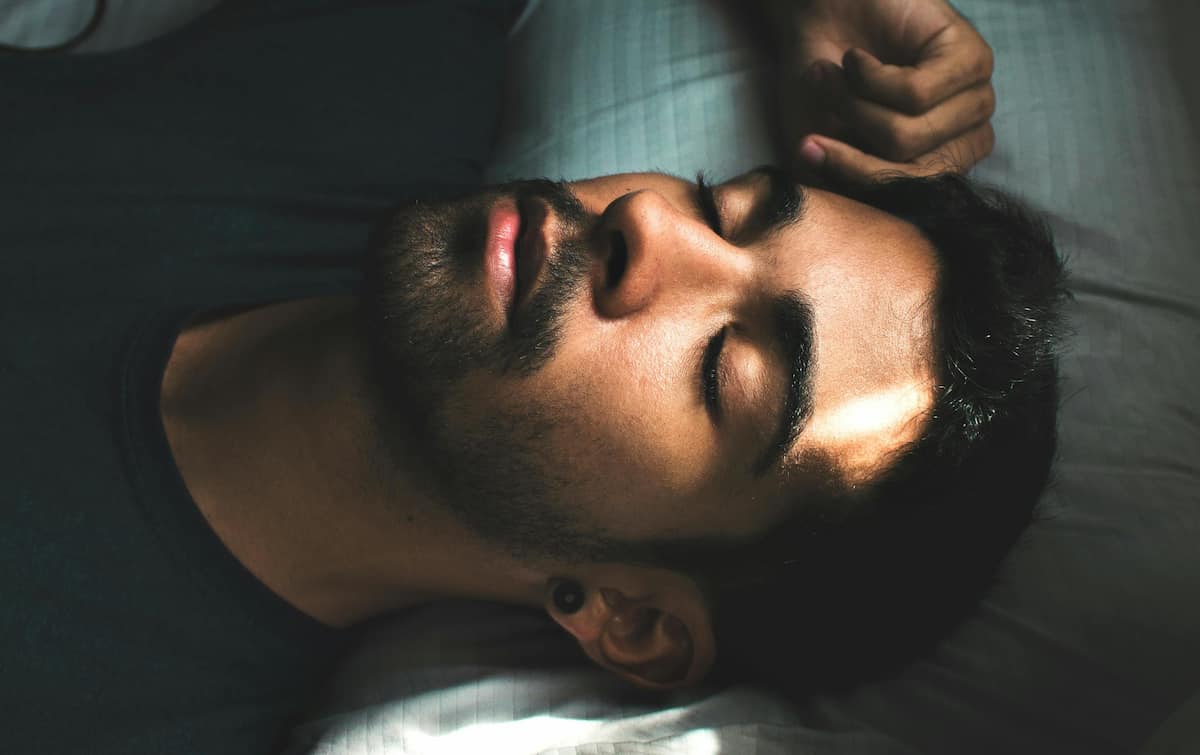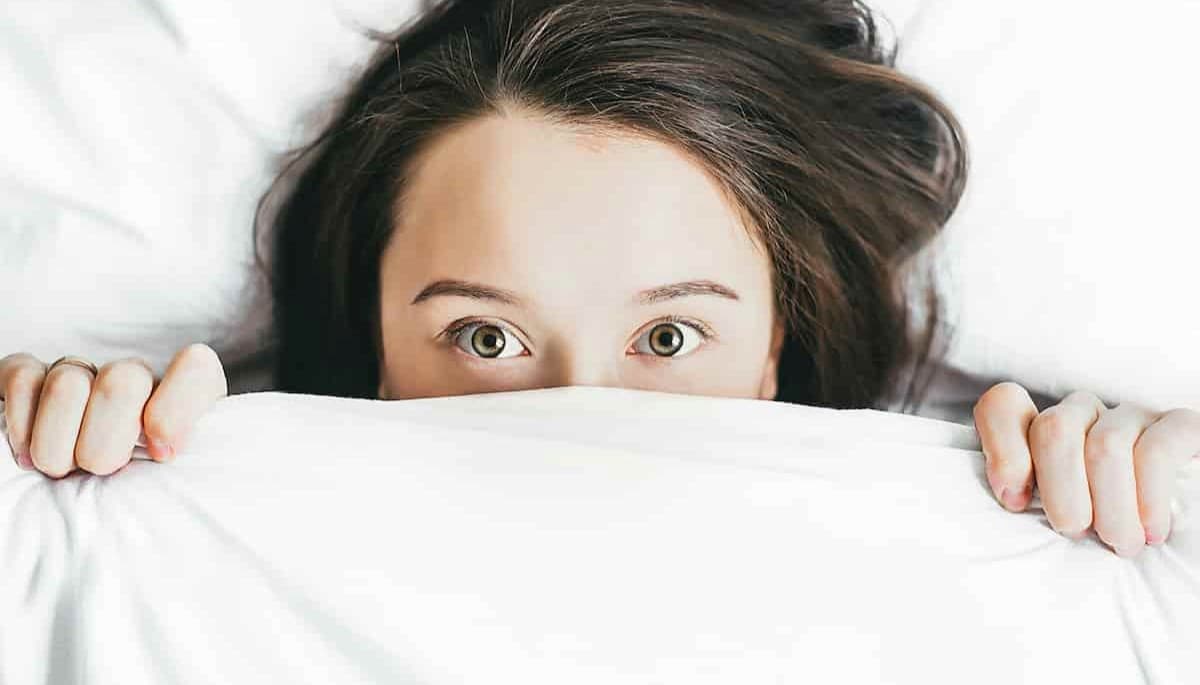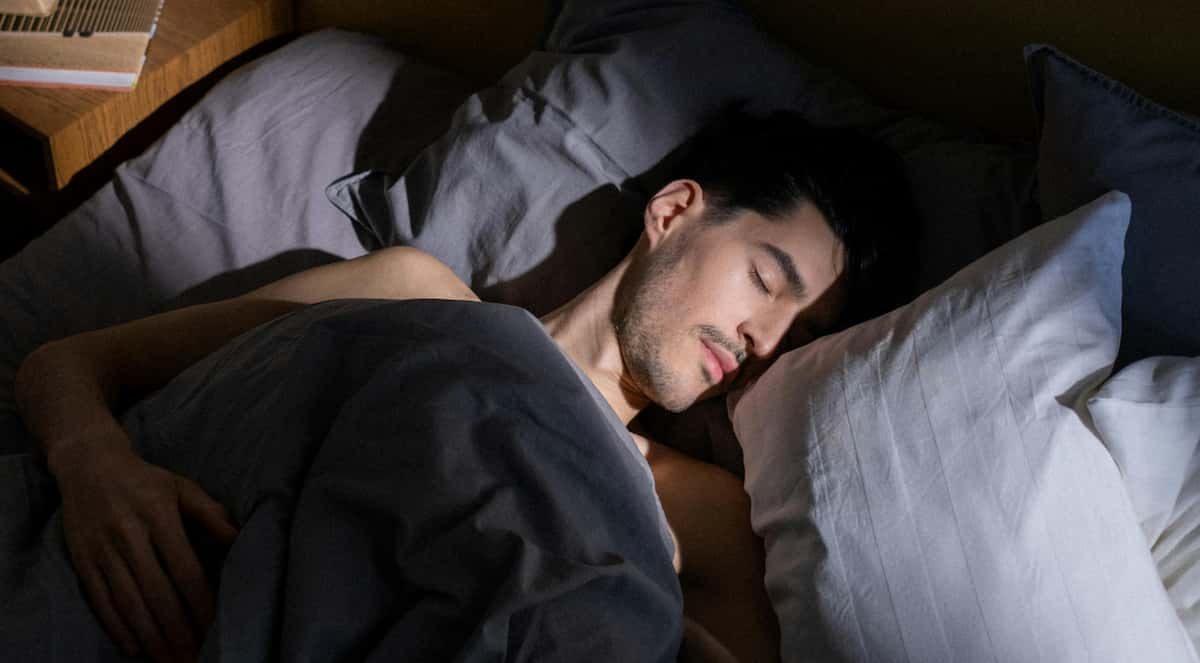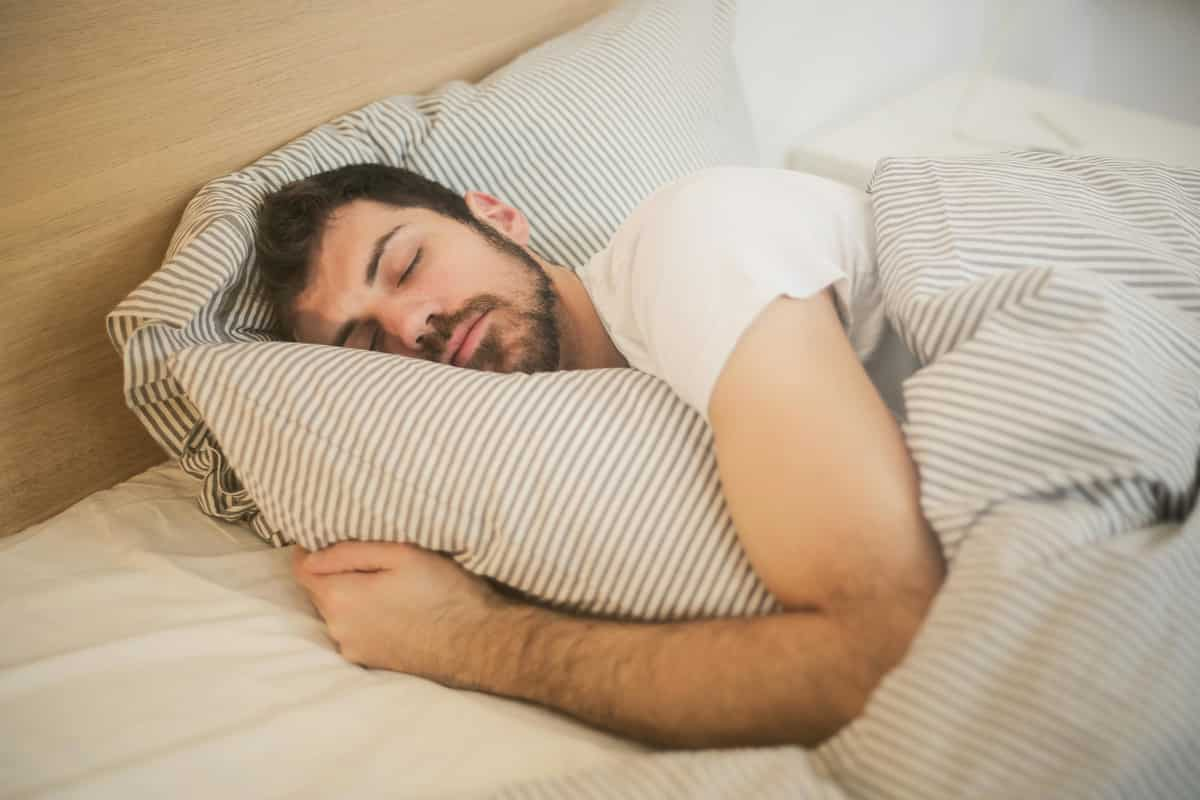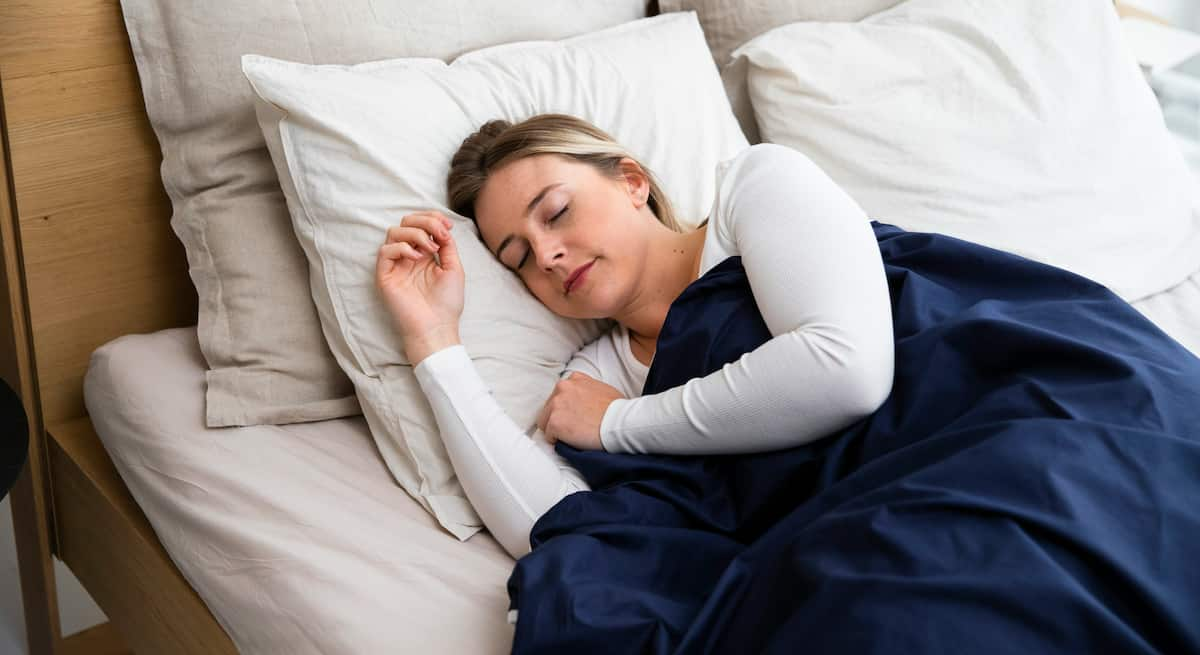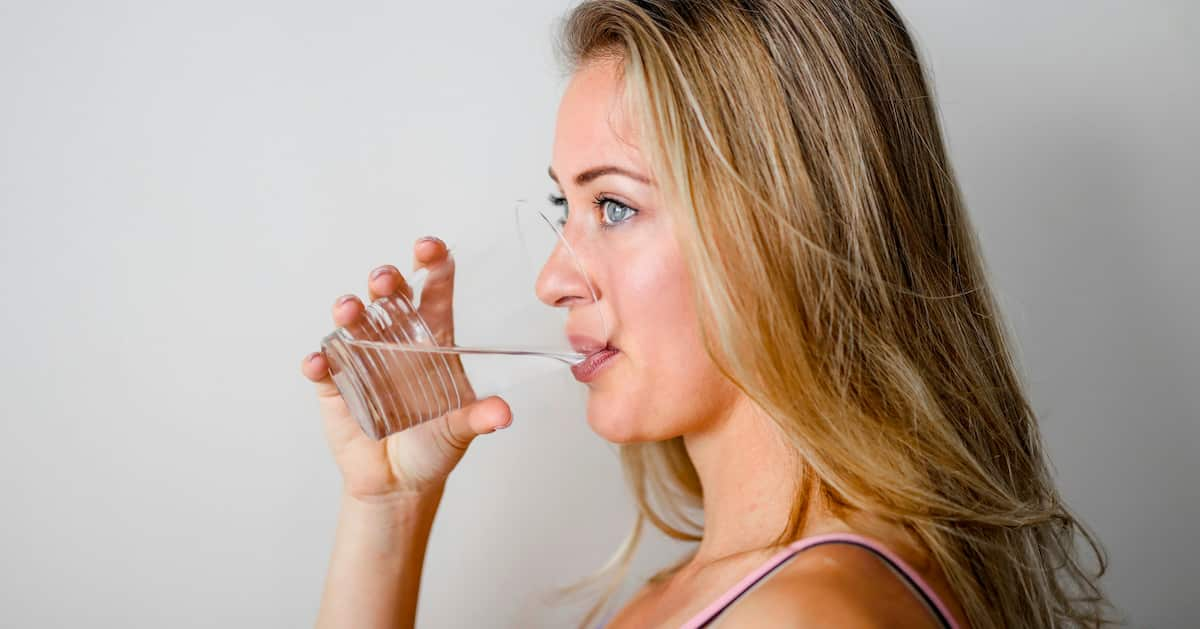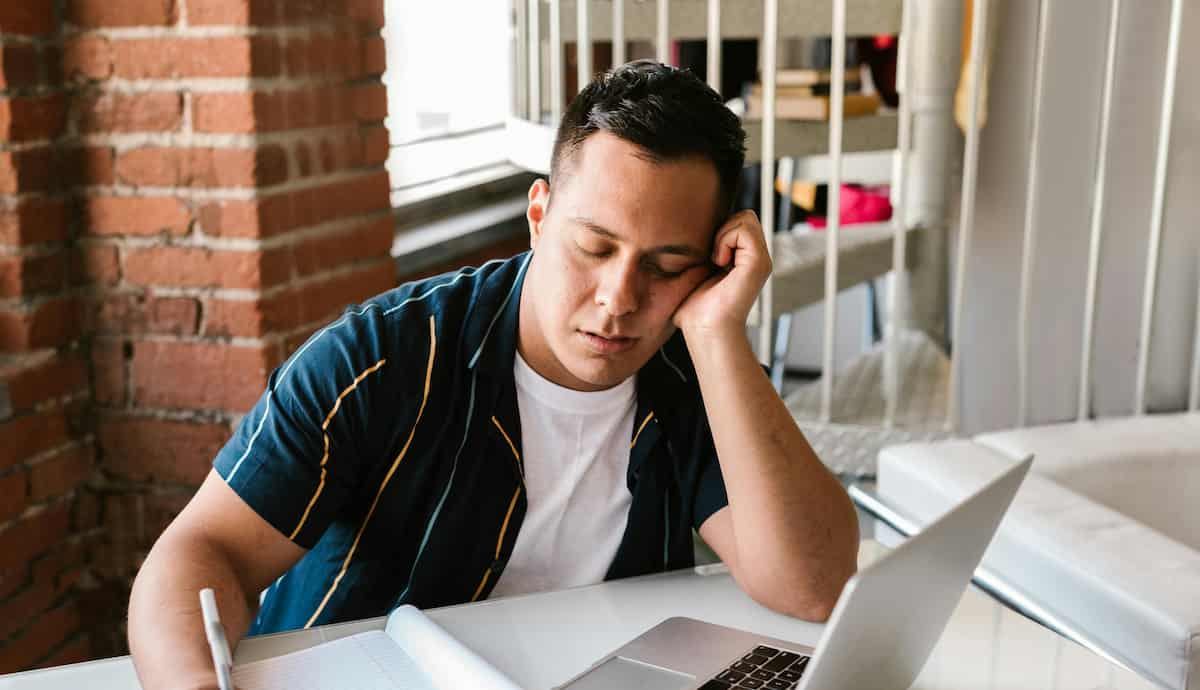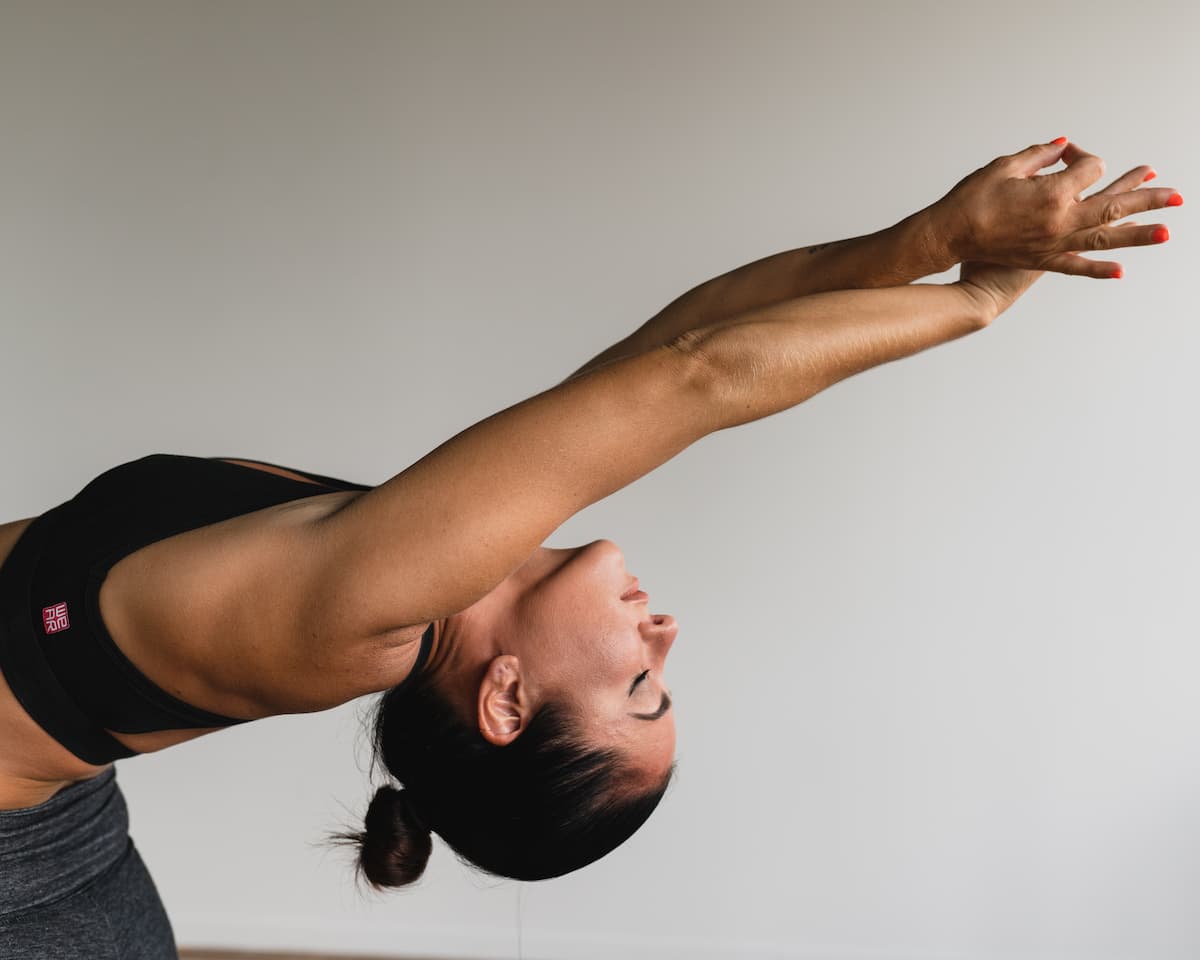Even good sleepers frequently experience insomnia.
Even good sleepers frequently experience insomnia.
Around one-quarter of Americans who are ‘good sleepers’ experience acute insomnia each year.
However, without treatment 75 percent recovered without developing persistent sleep problems.
Of the rest, 21 percent got on to have recurring bouts of insomnia.
The remaining 4 percent developed chronic insomnia.
Insomnia is defined as having trouble falling asleep or staying asleep for at least three nights a week across two weeks.
The condition becomes chronic when it continues for three months.
Dr Michael Perlis, study author, said:
“Whether caused by stress, illness, medications, or other factors, poor sleep is very common.
These findings reveal new insights about the paths that acute insomnia takes and can inform interventions that target poor sleep and help people recover sustained sufficient sleep.”
The study tracked 1,435 adults for a year.
All were initially defined as ‘good sleepers’: able to fall asleep within 15 minutes and not remaining awake for more than 15 minutes during the night.
The study’s authors conclude:
“The incidence rate of acute insomnia (3 or more nights a week for between 2 and 12 weeks) is remarkably high.
This said, most incident cases resolve within a few days to weeks. Incident chronic insomnia only occurs in about 2 in 100 individuals.”
Adaptive insomnia
So, why is insomnia so common?
It may be that insomnia in response to stressful situations helped keep our ancestors alive — after all, it is sub-optimal to be fast asleep in your cave when there’s a pack of wolves outside it.
The study’s authors explain:
“…it is possible that AI [acute insomnie] may be normative (i.e. expected as part of the natural rhythm of sleep/insomnia) , if not adaptive.
One way this might be true is that the AI that occurs with stress may be an unrecognized part of the fight-flight response; a necessary override to the normal two process regulation of sleep timing, depth and/or duration.
Put differently, stress induced insomnia may prohibit the systematic imperative for sleep under unsafe conditions.”
Unfortunately, the knowledge that periodic insomnia is normal doesn’t make it any less unpleasant.
Related
The study was published in the journal Sleep (Perlis et al., 2019).

